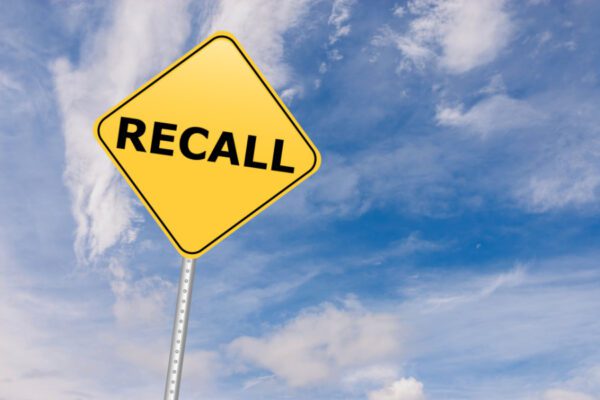According to the U.S. product recall index released by Sedgwick Claims Services Management Inc., the number of product recalls reached a 20-year high in the third quarter of 2022. Across the five industries tracked in the index, 1.22 billion product units have been involved in recalls, up 1.20 billion from the previous record set in 2018.
There are several reasons why regulators issued more recalls in 2022. For instance, the Food Safety Modernization Act of 2011 gave regulators more oversight of different food and products, and new technology, including artificial intelligence tools, allowed regulators to identify potential harms sooner. Additionally, ongoing effects from the COVID-19 pandemic, such as increased staff shortages and employee turnover, increased the chance for human error.
Third Quarter Highlights
The driving factor behind the record-breaking number was the increases in the average recall size for the pharmaceutical and medical device industries, both of which saw their average recall size increase by more than 500%. While medical device recalls decreased in the third quarter of 2022, the number of units impacted increased by 411%. Similarly, pharmaceutical recalls fell 13.8% in the third quarter, but the industry saw 107.2 million units impacted.
Other highlights from the third quarter recall data include:
- Automotive recalls increased by 2.9%, but the number of impacted vehicles fell from 9.21 million in the second quarter to 5.23 million in the third quarter.
- U.S. Food and Drug Administration food and beverage recalls fell 18.3%, but the average number of units recalled rose by nearly 159%.
- The number of consumer product unit recalls decreased by 19.2%.
Mitigating Product Recalls
As manufacturers continue to face challenges relating to regulatory activity, supply chain disruptions, ongoing geopolitical issues and an uncertain economic future, it’s important for organizations to take the following steps to reduce the threat of a product recall:
- Commit to quality. Commitment to turning out the highest quality products is the best countermeasure to the threat of a product recall crisis.
- Focus on training. Contingency plans aren’t of much use if they haven’t been tested and honed under simulated conditions to ensure the plan is effective.
- Prepare a contingency plan. Research indicates that the first 48 hours of a major product incident are more crucial than the next 48 days. Every company should have a workable product recall and crisis management plan.
- Respond with expertise and decisiveness. Even with a good team and plan, there is a place in a recall crisis for professional consultants.
- Transfer risk where possible. The last line of defense is a solid product recall insurance program—one that indemnifies the host of extra expenses and losses in revenue that come with product withdrawals.
As the number of products recalled continues to increase, organizations must be proactive in reducing their risk. Contact us today for more risk management guidance.
Material posted on this website is for informational purposes only and does not constitute a legal opinion or medical advice. Contact your legal representative or medical professional for information specific to your legal or medical needs.




